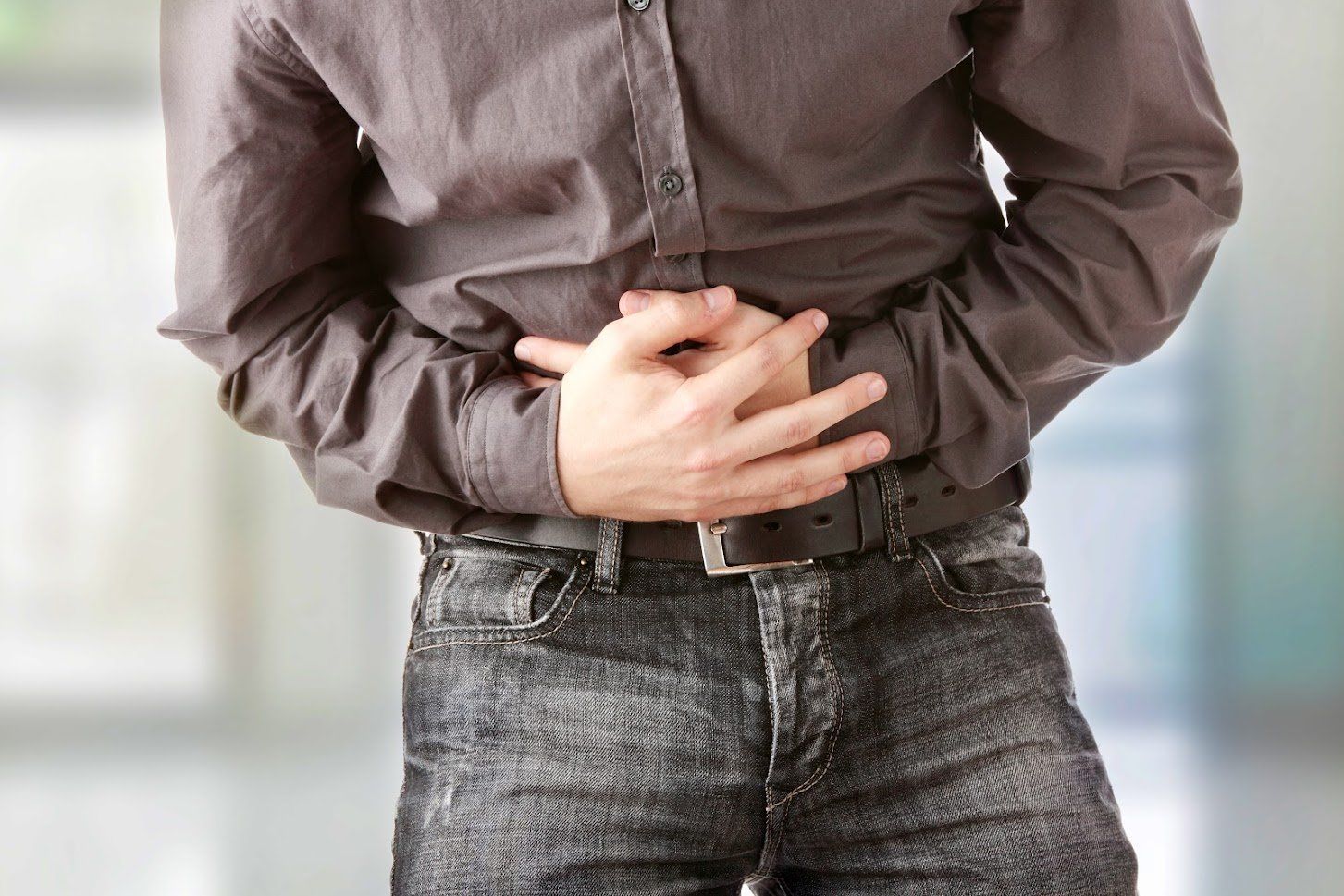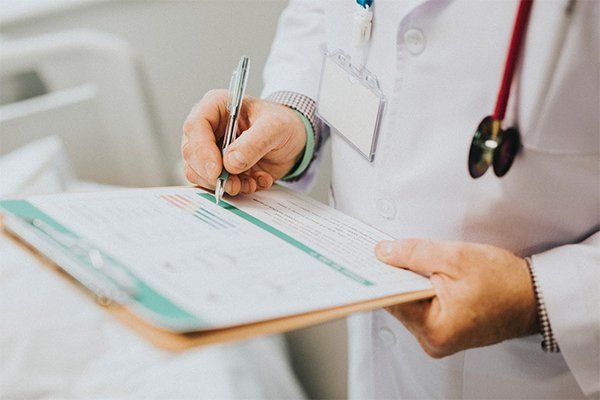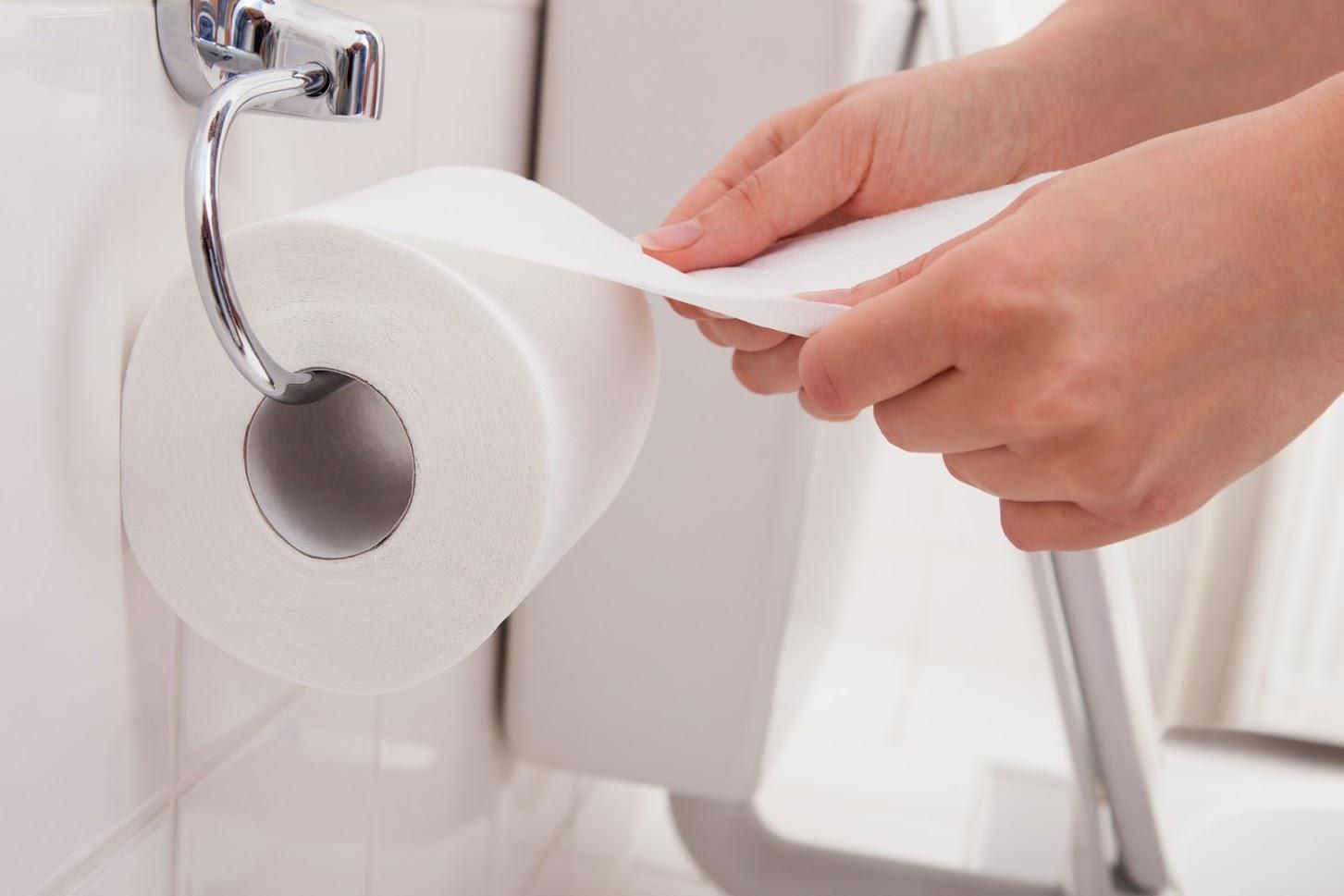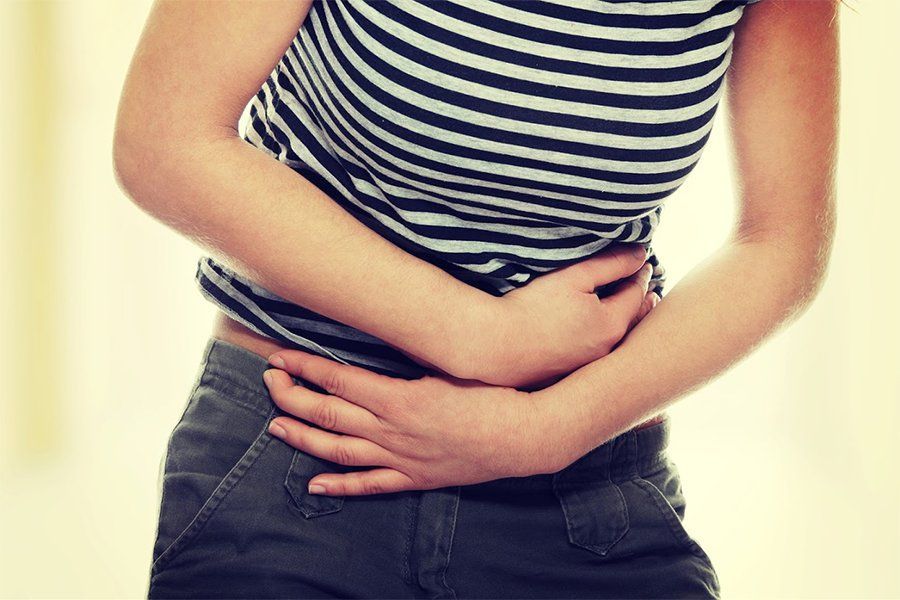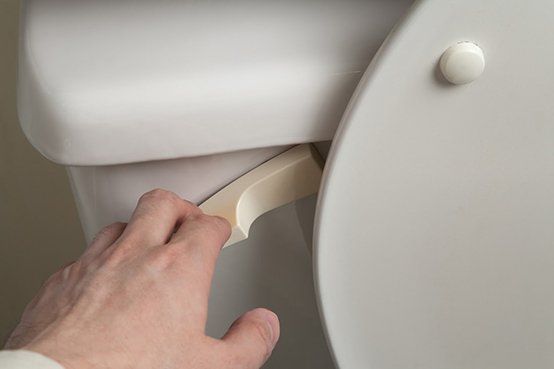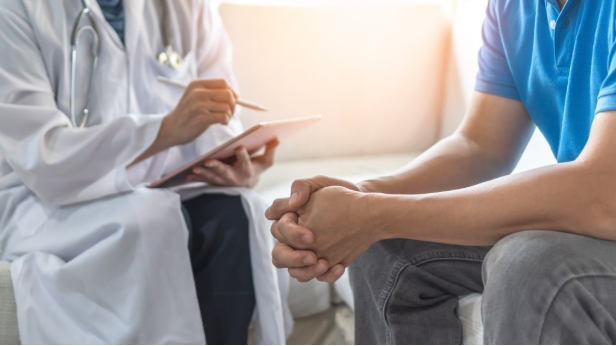The Do's and Don'ts of a Pre-Colonoscopy Diet
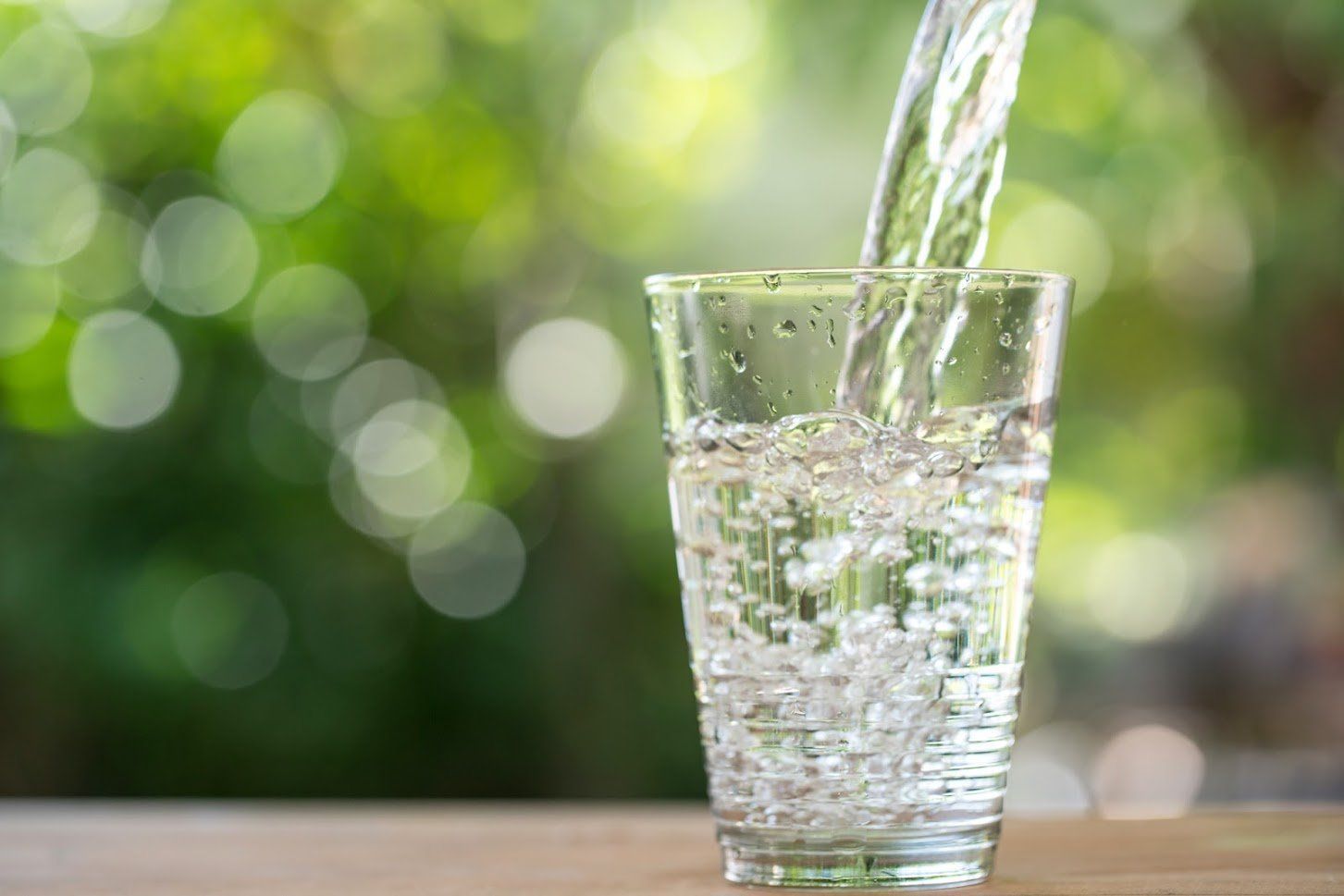
What should you eat, or not eat, in the days leading up to your colonoscopy? If this is your first colonoscopy or you're just not sure which foods and beverages are the best pre-procedure options, take a look at the do's and don'ts that can make the prep process easier.
Do Start Early
Even though you won't begin the pre-colonoscopy bowel prep until the day or night before your procedure, change your eating habits several days ahead of time. If your doctor gave you specific eating orders, follow the prescribed diet exactly.
Failure to follow the doctor's orders could interfere with or reduce the effectiveness of the bowel prep. This can leave you with a semi-full colon on the day of your procedure. Leftover stool makes it difficult for the doctor to see the full lining of your colon - reducing the effectiveness of the diagnostic test. The doctor may miss crucial details or problem areas or need to repeat the colonoscopy.
Don't Eat High-Fiber Foods
Your pre-procedure diet doesn't start with the bowel prep drink. Instead, you may need to eat a low-fiber diet. High-fiber foods can leave behind undigested material. This makes it difficult to fully empty the colon. While fiber-rich foods won't necessarily interfere with your colonoscopy, these picks can make the bowel prep less effective.
Foods to avoid in the days before your bowel prep include whole-grain breads and pasta products, nuts, raw vegetables, raw fruits, dried fruit, fruit juices with pulp, and seeds or food made with seeds (such as a multi-grain, seeded bread). Even though you might think that high-fiber foods such as these have a laxative effect that can clear your colon, leave this job to the prep drink your doctor prescribes.
Do Only Consume Clear Liquids
A low-fiber diet isn't the only way to make the bowel prep easier. Most colonoscopy patients need to start a fully liquid diet the day before the procedure. Your doctor will give you specific instructions to follow.
A pre-colonoscopy liquid diet doesn't include all types of drinks or other liquids. Avoid dairy products, juices with pulp, or anything you can't see through. Stick to clear liquids. These include plain water, clear fruit juices (such as apple or white grape), some flavors of gelatin, some flavors of popsicles, clear or yellow sports drinks, or chicken broth.
Don't Eat or Drink Anything That's Red, Blue, or Purple
You can eat flavored gelatin or popsicles the day before your colonoscopy. But you shouldn't choose products with red, blue, or purple dyes or natural coloring. These colors mimic the look of blood if in the colon. This could interfere with your colonoscopy results.
Instead of red, blue, or purple picks, stick to clear or yellow options. Some variations of these colors, such as pink gelatin, may have enough red food dye to cause potential problems.
Do Choose Plain Soup Broth
Soup is a liquid - and that means it seems safe to eat or drink on the day before your colonoscopy. While you can have plain, clear chicken soup broth, you can't have other types of soup products. Avoid cream-based or cheese soups, such as creamof broccoli or potato soup. Along with creamy soups, skip high-fiber tomato or vegetable soups that you can't see through.
Stick to completely clear, plain broth or stock. Canned or other soup that contains vegetables, meat, pasta, spices, or beans aren't acceptable choices before your colonoscopy. Not only do these contain solid foods, but some of these soup types are also high in fiber.
Do you need to schedule a colonoscopy? Contact Kentuckiana Gastroenterology & Paramount Surgery Center for more information on this diagnostic procedure and scheduling options.
